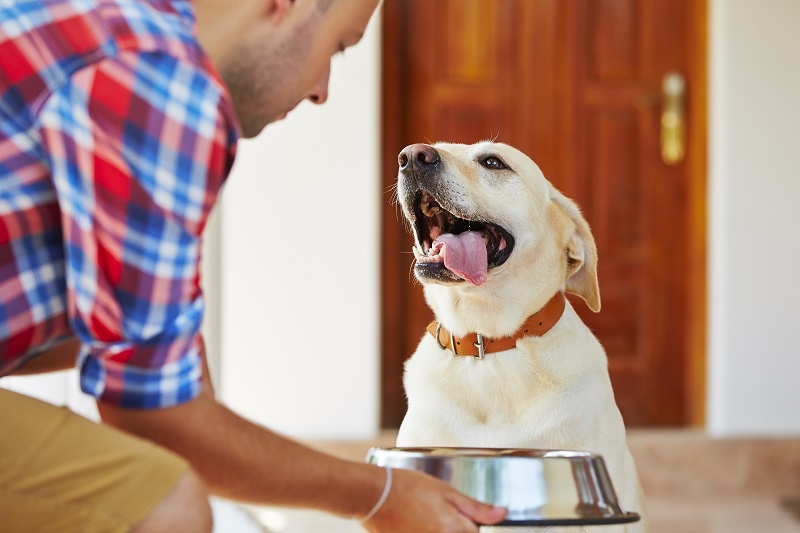Work alongside Breakthrough
Behaviourists and Trainers
Find out more about Breakthrough and how it can help with your clients
As a pet professional, you will be all too aware of the additional stress that many of the nation's dogs have been experiencing over recent months.
Attempts to manage the COVID-19 pandemic have seen households wrestling with a wide range of issues including unemployment, furlough, home-working, home-schooling and a tsunami of additional work for key-workers (among others), all of which have had a profound effect on the daily routines that are so important to a dog's stability. On top of this, there are few families that have not been touched by challenges to physical and mental health and, sometimes, their tragic consequences.
As a canine professional, you will have wide experience of dealing with anxiety and stress in dogs and may have read the recent PDSA Paw Report with some concern. This annual report was derived from a survey that was taken in May 2021 of 4,579 pet owners living in the UK, as well as a survey of 623 veterinary professionals back in 2020. The report confirms some alarming trends among the UK's estimated 12.5 million dogs.
Post Lockdown Effects on Dogs
Post lockdown, 22% of owners that owned their pet before lockdown reported that their pets had started to show at least one new behaviour since restrictions began:
- 5% are spending more time in a quieter area of the house
- 5% are showing signs of distress when left alone
- 3% are showing signs of having a new fear
- 3% are biting, snapping, and growling towards dogs that are unfamiliar to them
- 7% of owners have witnessed new barking/vocalising for over a minute at someone outside of the window
Dogs acquired after the first lockdown (March 2020) seem to have been impacted more:
- 18% are showing signs of distress when left alone
- 11% are biting, snapping, and growling towards unfamiliar dogs
- 15% are showing signs of being scared
- 18% of owners have witnessed barking/vocalising for more than a minute at someone outside of the window
- 39% are jumping up at people
- 27% have shown signs of reactivity and aggression
Veterinary professionals are all too aware of the pandemic's effect on the wellbeing of the nation's pets:
- 53% have seen increases in owners seeking professional advice for behavioural issues over the last two years
- 66% routinely recommend clients for referral for behavioural issues
- 61% have seen an increase in phobias, such as noise phobia
- 46% have seen an increase in euthanasia in dogs for behavioural issues
Pet Professionals looking forward
Managing unnecessary rehoming and euthanasia is a growing problem for all concerned
Following the first lockdown, animal welfare organisations expressed concern about the potential for increased behavioural problems, citing changes in dogs' routines and environments, compounded by missed socialisation opportunities for young puppies.
These concerns pose additional challenges for all canine professionals because going in and out of lockdown allows problem behaviours to develop more than usual.
Breakthrough dog food has been shown to assist in the management of anxiety and stress in dogs, and as an adjunct to other therapeutic approaches. Altering a dog's diet can be one of the most supportive tools you can use in behaviour work. Knowing how to do this is vital for all canine professionals. At Breakthrough, we have prepared all the professional resources you need.
Our totally free PDFs and videos give you information on diet, the science behind diet manipulation to alter behaviour, and clear instructions on how to do this with your clients. It’s simple and easy – and it really works – when combined with appropriate commitment and time.
Breakthrough Ambassador Programme
Join our Breakthrough Ambassador programme and become part of a network of pet professionals using Breakthrough dog food alongside behaviour and training modification to improve the behaviour and wellbeing of dogs across the UK, whilst minimising unnecessary rehoming and euthanasia.
Discover how Breakthrough can help you support your clients and their dogs in your care with our professional resources.



